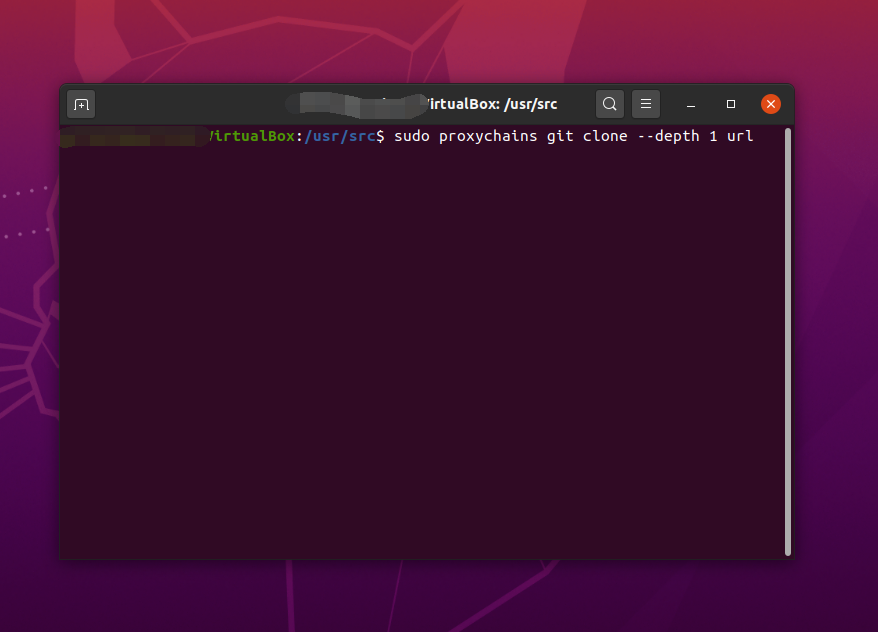

Verify that you changed UID and GID for given users with theįiles in the user’s home directory should be automatically fixedįor files outside the user’s home directory use the following with greatĬare: find / -group 2000 -exec chgrp -h foo \ To assign a new GID to group foo : groupmod -g 3000 foo To assign a new UID to user foo : usermod -u 2005 foo You will have to do this for all users and groups that you wish toĪssuming a user-name Foo UID:1005, and group foo with GID:2000,Īnd you're renaming to new UID:2005 and new GID:3000. I am looking for a stable reliable solution that can migrate all permissions from old users to new users. `Permission deniedĪlso, some users are unable to access their home directory. and the uid:gid of each user as shown above but now shared directories and some shared programs for example, conda on /shared/anaconda is not working for some users. I changed the gid of members from 1008 to 2000. Note: None of them is a user with sudo privileges. Of members group and keep them in the updated members group. Also, All users are currently members of a group named members with gid 1008. Below is the list of option we can use with the find command. As per the input arguments, the find command will search or locate the files or directories in the Linux operating system. Note: user1, user2 and 'user3' already exist but with different uid:gid. The find command will accept different arguments like options, expression, file or directory path, etc.
#Gid linux update#
I want to update user1, user2, and user3 as per following file, user1:user1:1000:1000:User Name 1:/data/home/user1:/bin/bash How can I update/reassign uids:gids and take care of permissions and ownerships in the process? The user names will stay the same just the uids and gids will be updated.

2+1= 3.Īnd solution using letters(r,w,x,X,s,t) and operators(+/-) were already discussed and approved in the earlier answers.I want to reassign new uid:gid to all existing users and automatically fix all file ownerships and permission. Heres the default unedited nf in Ubuntu 20.10: sssd -version 2.3.1 cat /etc/sssd/nf sssd domains webtool. SSSD-connected domain user does not share the same UID/GID on Ubuntu as AD. Similarly, to remove suid permission and having sgid(2) and sticky bit(1) i.e. I have an AD environment with IDMU and specified UID/GID for my domain users.To remove all the special permissions for a directory.
#Gid linux code#
The above numeric code will change the permission to 755 from 7755 only for a file but if you do the same for a directory it will be 6755 as it will only remove the sticky bit for others. Well, the trailing zeros before 4 digits doesn't add any values while changing the permission for a file but it does add values while changing permission for a directory.



 0 kommentar(er)
0 kommentar(er)
